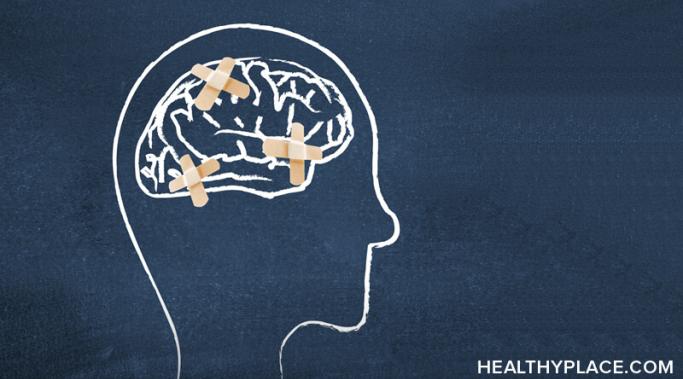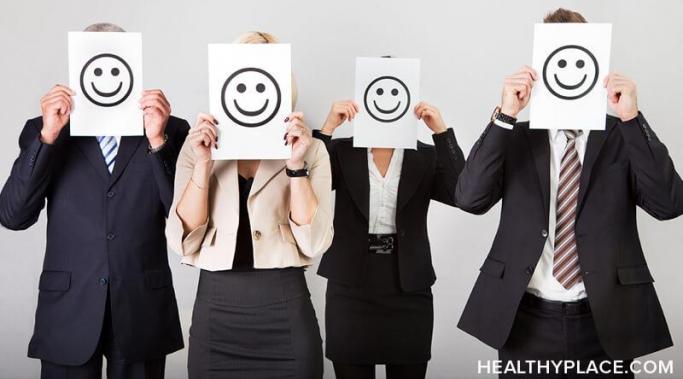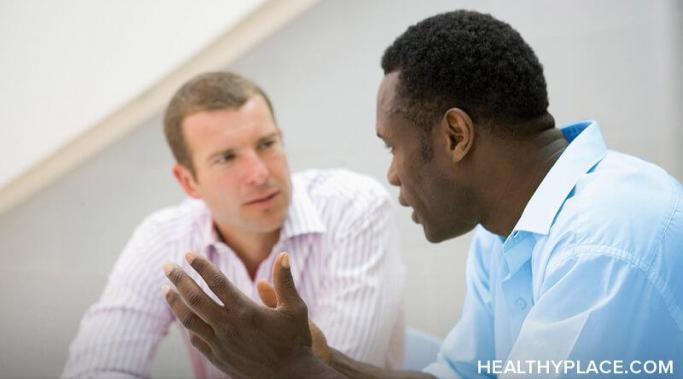Blogs
Beyond the scope of a checking account, money and I have never been on speaking terms. I suspect attention-deficit/hyperactivity disorder (ADHD) is making me bad with money. When others speak of investing, 401(k)s, or, frankly, even savings, I feel the desperate desire for a Rosetta Stone to help me translate. I took four years of French in high school, and I can still remember "Le chien est sur la route!" in case there's ever a dog in the road, and I need to alert somebody, but Finance might as well be Ancient Sumerian as far as my comprehension is concerned.
Yesterday, I received a phone call about someone I love who is not well. I took this particular phone call while my dinner plate was in front of me. I pushed around vegetables with my fork, listening and processing the news. After the call, the evening went on. I covered a page in my sketchbook with watercolor stripes. I read Shel Silverstein's poems. I noticed I didn't feel the urge to scour the pantry for food to snack on as I had in the past. Sometimes binge eating disorder (BED) flares amid grief, and sometimes it stays dormant.
If you have bipolar disorder, do you have a broken brain? This depends on a lot of things, such as your definition of "brain" and "broken." I feel that I have a broken brain with bipolar disorder, and, more importantly, I find that perspective very helpful in battling bipolar disorder.
When my phone lights up with a notification from Instagram, I immediately open the app and start scrolling. Scrolling on Instagram is quite addictive, and I cannot seem to stop once I start. This doesn't just waste my time but also has detrimental effects on my mental health. From body image issues to low self-esteem, using Instagram is anxiety-inducing.
Here's the thing: depression is a mood disorder that impacts all areas of one's life. I am not saying this to be dramatic or bleak. All I am doing is stating a fact as a 31-year-old living with depression since the age of 13. Anyway, just as no amount of money can make up for a toxic work environment, no amount of ambition or purpose can make up for the havoc of depression. Therefore, it is crucial for people with it to redefine professional success.
Every time I hear of gun violence in the news, I wonder how soon after the conversations about mental health, and mental illness, in particular, will follow. It’s usually not too long. With the recent stories of gun violence in the news, it’s been no different. People were quick to blame mental health issues for the actions taken by these individuals.
I've recently, painfully, discovered that stress increases anxiety to interminable levels. Stress, of course, worsens one's mental health in many ways, but the way that I'm primarily feeling it is through anxiety (and probably depression; anxiety and depression being knitted together as they are). Previously, I didn't have the anxiety problems I do today, and I didn't realize just how bad anxiety could feel until this latest bought of stress increasing my anxiety.
It's not uncommon for those who self-injure to use self-harm to regulate emotions that may be overwhelming or difficult to cope with. But it's a temporary solution, one that does more harm than good—there are better ways to process and manage your feelings.
A couple of weeks ago, I volunteered to distribute sanitary products and a hot meal to the unhoused community of Washington D.C. through the impactful and committed organization, The Distant Relatives Project. The experience produced a mix of emotions. I felt heartbroken to see so many individuals in need; the worst of it was learning that a large number of unhoused individuals who struggle with mental health issues do not have access to professional help. It is a crisis.
For many verbal abuse victims, like myself, one of the most challenging aspects of moving forward is accepting the reality of the situation. I had an extremely difficult time in my healing journey until I realized that I could never have the relationship with my abuser that I wanted.









